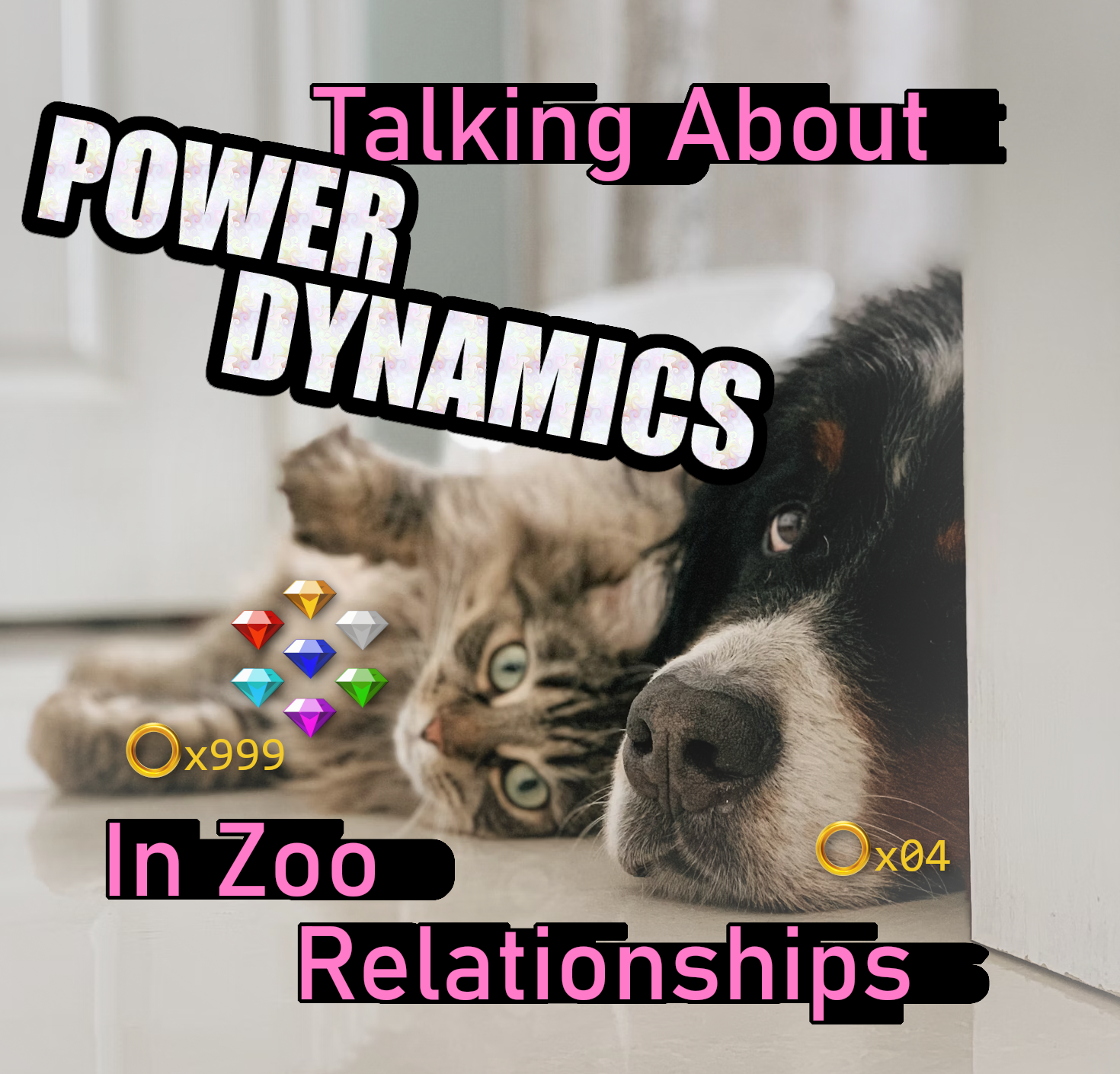The Power of Asking Questions

This one is for all you debate bros (and broettes). Have you ever wanted to know how to be a more persuasive debater? I want to teach you how to stop just saying things in response to people, and instead actually take a chunk out of a bad opinion. Interested? Read on.
This is more a 201 than an intro class, but let's quickly cover the basics. Every argument, debate, heated discussion, etc has an attacker and a defender. Think about it this way. One person says something, that could be a statement, a question whatever else in between. The other person based off of the natural flow of conversation has to respond to that thing. The opening statement is an attack, and the respone is the defene against that attack. Something like this.
Person 1: "You ate the last hot dog in the fridge didn't you?"Person 2: "No I didn't! I wasn't even home all day!"
Now, if this was a video game, or a more structured debate setting, it would then be the defender's turn to attack. Unfortunately, real life doesn't work like that. After one person talks the other person talks again, and the defender just used their turn. So more than likely, it goes back to the attacker again.
Person 1: "Who else would have eaten it? We live alone!"
And this goes in a cycle attacker attacking and defender defending forever. Very rarely is progress made in this fashion and even more rarely is someone persuaded to actually consider your side. Instead, what's way more likely is that either the attacker will get frustrated and give up, resigned that they're right but the other person is too stubborn to see it, or the defender will give up and say that they're right but the other person is too stubborn to see it.
This is 99% of the conversations that I see between zoos and antis. With the antis just throwing out repeated rhetoric and zoos just defending their points over and over again. But, what if instead of just defending, you could riposte? What if you could take their attack and turn it back against them, and take the drivers seat in the conversation I'm happy to tell you you absolutely can, and it's not even that hard. It just requires some finesse.
Let's use an example here, and we'll keep it super basic.
Person 1: Animals can't consent
Doesn't get much more basic than that. Your natural reaction to that might be to prove that actually yes, animals can consent. Something about natural consent behaviors in animals, the way that animals consent every day, etc etc. But, even if you're right you have to keep your goal in mind. You can have a perfect iron defene, but if you block every single attack, at the end of the day you're exactly where you started. Instead, what if you just said something like
Person 2: Why?
It's that simple. At this point, you don't need to over exert yourself. Every action you take is a place where you're potentially giving them room to act. Cut that out completely and you can do something powerful. You can force them to actually think. To actually give you something to talk about. Ripostes aren't big grand gestures. They're small flicks of the wrist to reposition your opponent. This however, is just the start. You've parried the first attack. This forces them to attack again. But this time, they're the ones that need to put in the effort. And therefore, they're the ones that are opening themselves up.
Sometimes, you get lucky and they'll show in their response that they have no idea what they're doing. They'll say something like
Person 1: I just think it's gross.OrPerson 1: It's against what's taught in the ible.
Suddenly, their argument is open and you have something you can press them on. That said, it wont always be that easy.
Say instead of giving up the ghost immediately erson has a follow up attack. Something that you could pounce on. If you feel like it's better you can absolutely do just that. But, you can also choose to just parry again, and try to open them up even more. Say they go with another classic.
Person 1: Well, animal biology just isn't compatible with humans. It can hurt them.
You can absolutely attack this point, but instead what if you said this.
Person 2: I just want to understand your point better. Say that a male human has sex with a female mare. What injuries are likely to be caused?
At this point, they're screwed. You've put them in a position where the ball is in their court, there's a question that they need to answer, but there's no real way to get around it without accepting your point. They can try, but anything they go for would be incredibly flimsy and easily attackable in return. If you attack right away they might be more ready to defend. If you open them up even farther, and force them to be the one to make the conclusion, the impact is much larger.
Let's go over one more example really quickly. This is a little bit more complicated. Say
it plays out like this.
Person 1: Animals can't consentPerson 2: Why?Person 1: They aren't smart enough. Dogs have the mentality of a 5 year old.
Unlike the last one, where there's a loose thread that you can tug on, this is another attack from behind a guard. Any defense against this question is going to take a lot of effort because at the end of the day it's a complicated question. In fact, most of the people that say it don't even really know what that means. Which means that you're able to use it against them. So they say what they say. You can in turn say
Person 2: In what way? Howso?
At this point, you're directly challenging them. If they don't have an understanding of the argument, they're going to show it here. They might say something like.
Person 1: Animals are stupid compared to people. Humans are way smarter
And once again, you've got an avenue that you can attack. You could even bypass all this entirely and say something like "well why does it matter?" hich will really move the conversation.
Parrying is a really really strong tool, but it does come with some risks. Just like in real life, a parry isn't a block. You're choosing to go for an offensive option. And in so, you can be in danger if you mistime it. Especially the more you use it. If you parry, you need to already have an idea of what the other person is going to say. You're forcing them to commit to a heavier attack, if you aren't ready and it hits you it could be bad.
Person : Bestiality is bad.Person : Why?Person : There's a relationship between pet and owner in our society that makes it morally too fucked up to have sex with them.Person : In what wayPerson : There's no way for them to escape the situation, and if they're uncomfortable they have no way of expressing it to anyone but you. If you're misinterpreting the signs there's no check and balance.
That's a very good argument, and while it's one that can be beaten, at the same time if you're not prepared for it it can steamroll right over you. At that point it would have been better to just defend at either of their first responses so you didn't have to face that. The more you riposte, the more you need to be ready to face whatever the full brunt of their attack is. The only way to score that juicy crit at the end is to be able to parry not just one but all of the attacks they throw at you, until they're exhausted and you have the advantage. So, basically, use this technique with . Especially if it's against someone who knows that they're talking about.
And that's it! A friendly reminder at the end here. Nobody is ever entitled to your time, if you don't want to talk with someone you don't have to. You don't need to debate people to be a good zoo. Even if you do want to change peoples minds there are great ways to do it without ever having to talk to another person. That said, for all you front line soldiers out there I hope you find this guide helpful and informative, so that the next time you find yourself in one of these situation you can not just defend yourself, but instead attack the points your opponent is making too.
Just remember, the goal of the conversation is to convince the other person of your side. Kindness and politeness goes a long way, and can be just as powerful if not more than hostility.
Happy arguing!
Article written by Tarro (January 2024)
Questions, comments or concerns? Check out our Discord server!




